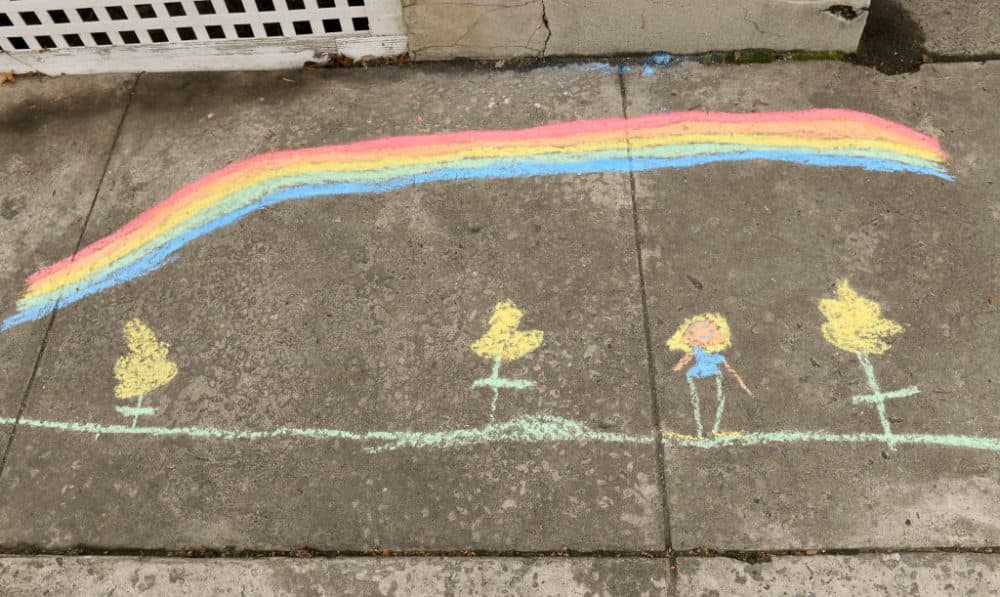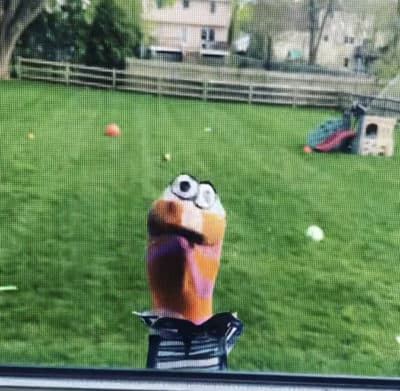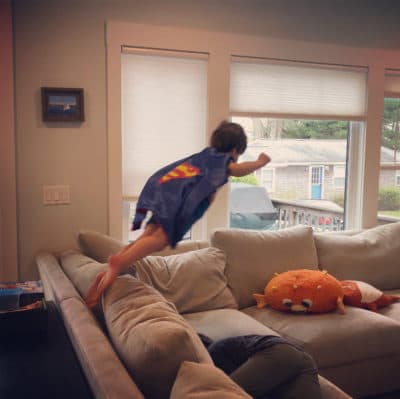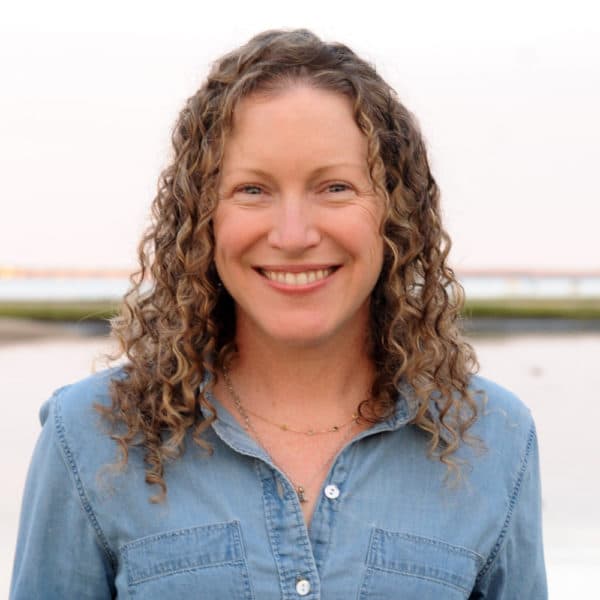Advertisement
Commentary
What We've Learned To Carry In These 9 Brutal Months

When I was too young to understand that it was a big deal, my father qualified for and ran the Boston Marathon — twice. Years later when I started running long distances he said, “It’s simple: Get a good start. Stay steady in the middle. Strong finish.” He repeats this whenever I ask for advice, about anything.
I never thought his mantra would get me through a pandemic, this marathon none of us signed up for.
A good start doesn’t mean it’s easy, and as a frontline healthcare family, we’ve been running from day one. During the spring peak here in the northeast, my husband quarantined on a boat while I locked down alone with our three young kids. We did this for 10 weeks.
There was so much we didn’t know back then: if his PPE would work, if the emergency department in his hospital would be overwhelmed, if he’d get sick, if he wouldn’t come home. Our two youngest children had birthdays. He dropped off groceries and stayed for cake, then he left before their bedtimes.

The kids and I rode bikes in the house and reenacted the “Dear Evan Hansen” soundtrack with sock puppets. Laughing made the other feelings — the ones that threatened to take us out --possible to move through. While those first months were daunting, there was an energy and intensity that pushed us all forward, one foot in front of the other.
Now we’re nine months in. My husband leaves his scrubs at the hospital for a laundry service. He takes a shower there and wears clean clothes home, so we can use his car. The kids, even our 4-year-old, know not to touch him when he first comes in the door. At work he doesn’t take his N95 mask off to eat or drink — for up to 10 hours — and we no longer comment on the red line that marks the bridge of his nose.
It’s crazy what you can get used to, sort of, or at least what you can carry as life goes on around you. Also, moving forward doesn’t mean you’re the same as when you started.
Advertisement
In “The Regrets,” a novel I reread recently, a ghost named Thomas has to wait for a clerical error to be addressed so he can move on from, well, Brooklyn. As he passes time in a coffee shop, he straddles both worlds, the mundane and the traumatic. I think this is also how it feels to slog through nine months of a pandemic, holding the ordinary and the unfathomable in your hands as you just … wait. Even when it’s steady, it’s work.
... moving forward doesn’t mean you’re the same as when you started.
Now there’s a vaccine in sight — a finish line of sorts. My husband could get the first dose by the end of this week. There’s no hesitation in our house; I’d roll my sleeve up tomorrow if I could. But it’s like we’re at mile 20. We still have to contend with Heartbreak Hill.
As we brace for a second coronavirus surge, this time facing upended traditions and holidays without family, I’m reminding myself that what we do doesn’t have to be normal to be nourishing. It just has to get us through.
So, at home, I’m leaning again on Taylor Swift. Zoom therapy. Randy Rainbow. “Hamilton.” The Muppets “Hamilton.” Washable markers and toddler body art. Noise-canceling headphones. Donut deliveries. “Schitt’s Creek.” Sometimes the only adult I make eye contact with is Cody Rigsby on my Peloton screen. He’s a lot, so it’s enough.

I have a playlist — mostly musicals and Springsteen — to blast at 4:30 p.m. when it’s already dark. My stress about screen time is long gone. We started a ritual of watching “The Simpsons” at dinner last April. My 4-year-old walks around the house yelling, “Skinner!” Trust me when I say this is not how I planned on parenting, but it’s something we’ll remember.
None of these things change reality. Or science. When we’re out for a hike as a family, my husband fields calls about a full ER and strained hospital. Healthcare friends from different parts of the country share how unreal it feels to decline well-meaning social invitations, while our loved ones intubate other people’s loved ones. As I write this, my husband’s on a call about opening a field hospital.
The amount of lives lost or altered is staggering. In the spring, I felt ambushed, trapped in my house. Now I just feel lucky to be here.
Like so many families, ours has internalized elaborate decontamination routines and tried to normalize the not-normal. I hope everybody can continue to make hard choices, in a year of hard choices, for just a little longer.
It feels impossible. We’re all exhausted. But it’s a hill. Finishing strong isn’t feeling strong; sometimes it’s just finishing.
We can almost see the Citgo sign. We’ve worked so hard to get here.
